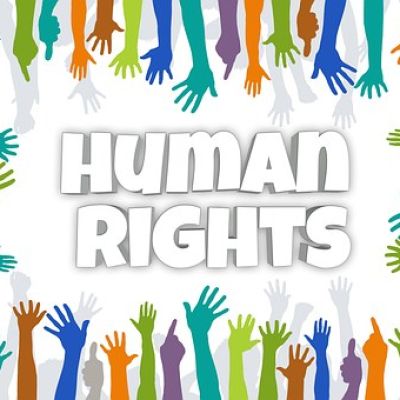On November 27, 2018, changes to the Human Rights Code of B.C. received royal assent, giving them legal effect. These changes were introduced earlier this month, when the British Columbia provincial government introduced Bill 50. It largely adopts the recommendations of the December 2017 report of Ravi Kahlon, Parliamentary Secretary of Sport and Multiculturalism, “A Human Rights Commission For the 21st Century: British Columbians talk about Human Rights.”
The changes include two main features:
(i) extending the deadline for filing a human rights complaint from six months to twelve months; and
(ii) appointing a Human Rights Commissioner.
Under the changes, complaints that are filed after the previous six month deadline, and for which the Human Rights Tribunal has not yet rendered a decision, will have the new one year time limit applied to them.
In 2002, B.C. dismantled its previous human rights commission, making it the only province without one until now.
The Human Rights Commissioner will be appointed for a five year term with the potential for one renewal of the term.
The Human Rights Tribunal will remain as the body which adjudicates disputes under the Human Rights Code.
The Commissioner will be responsible for:
(a) identifying, and promoting the elimination of, discrimination;
(b) developing resources to prevent and eliminate discrimination;
(c) publishing reports, making recommendations, and generally delivering public information and education about human rights to prevent discrimination;
(d) undertaking, directing and supporting research respecting human rights;
(e) consulting and cooperating with stakeholders, and establishing working groups, to promote and protect human rights;
(f) promoting compliance with international human rights obligations; and
(g) intervening in complaints and in proceedings in court.
The Commissioner will neither adjudicate nor file complaints, but may intervene in a complaint before the Human Rights Tribunal, such as to assist a complainant in a case involving broader or systemic issues.
The Commissioner may also convene public inquiries. This might be done, for example, to determine whether a specific industry has a discriminatory bias against a protected group.
An advisory council is also being created, to advise the Commissioner on human rights issues and perform such other functions as the Commissioner may request.
The role of the Commissioner and advisory council will be reviewed by the legislature every 5 years.
Hansard debates containing further discussion of the changes can be accessed online.
These changes are an important step in safeguarding the human rights of British Columbians. If you feel that your human rights have been violated, contact the Human Rights Clinic, or a lawyer with experience in this area.
The content of this article is intended to provide very general thoughts and general information, not to provide legal advice. Specialist advice from a qualified legal professional should be sought about your specific circumstances. If you would like to reach us, we may be reached at 250-764-7710 or info@inspirelaw.ca.
